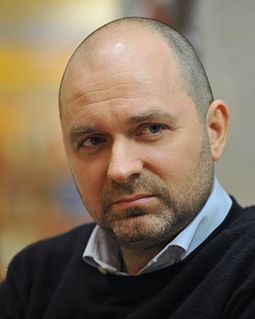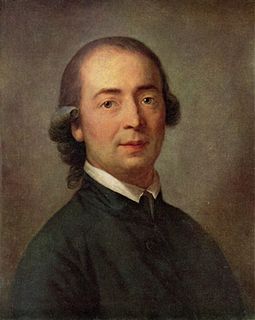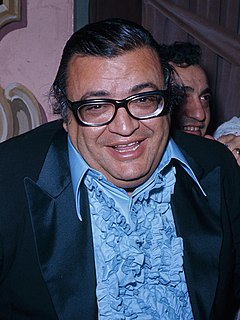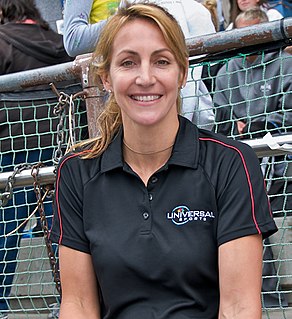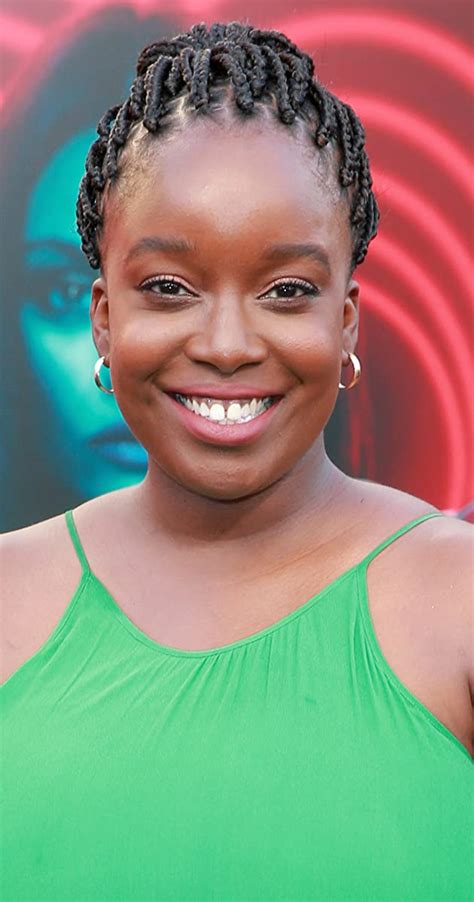A Quote by William Hazlitt
I like a friend the better for having faults that one can talk about.
Related Quotes
The friend who holds up before me the mirror, conceals not my smallest faults, warns me kindly, reproves me affectionately, when I have not performed my duty, he is my friend, however little he may appear so. But if a man praises and lauds me, never reproves me, overlooks my faults, and forgives them before I have repented, he is my enemy, however much he may appear my friend.
People talked about being a parent, or being a mother or a father. We don't talk about "wiving" our husbands or "friending" our friends, or "childing" our parents. We just talk about being in a relationship with those people. You don't measure whether your marriage was good based on whether or not your husband is better now than he was 10 years ago, or whether your friend is richer than when they first became your friend. The relationships between parents and children is a kind of love, rather than a kind of work.
With my son, falling off his bike is usually what makes him upset, so a hug goes a long way. But girls are more complicated; my daughter will get bummed out because her friend hurt her feelings. In that case, we'll talk about it. I'll tell her that she's a great friend, and that she needs to talk to her friends about it.
I have a good Muslim friend who comes over to my house. Good guy; reads the Qur'an in Arabic. He comes over to my house and we talk about faith and we talk about things we have in common, but I can't shy away from the differences that we have. So I talk about why I'm not a Muslim and about the evidence that exists that show Christianity is true.
The more readings a novel has, even contradictory, the better. In journalism, you talk about what you know; you have provided yourself with records, you have gathered information, you have performed interviews. In a novel, you talk about what you don't know, because the novel comes from the unconscious. They are very different relationships with words and with the world. In journalism, you talk about trees; in the novel, you try to talk about the forest.



